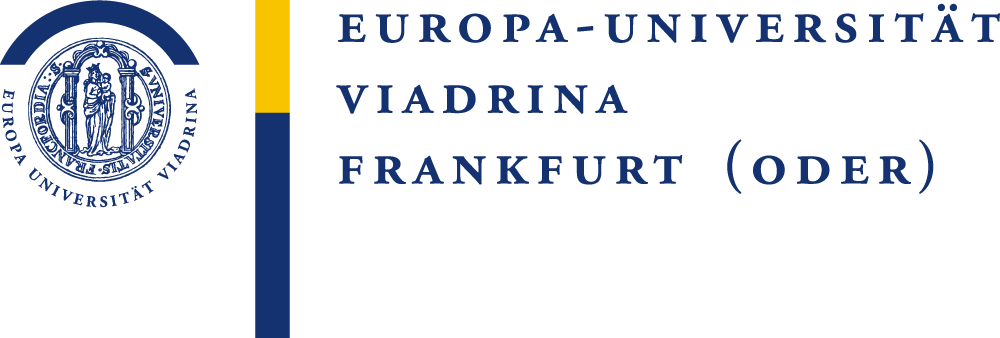Publication: Freedom of Expression, Encryption, and Anonymity: Civil Society and Private Sector Perceptions
CIHR participated in a background study to inform a report on encryption prepared by David Kaye, the UN Special Rapporteur on the freedom of expression. You can download the publication here.
In many countries in the world, human rights organizations, journalists and political dissidents are targets of surveillance by government intelligence and law enforcement agencies and non-governmental groups. Surveillance affects their right to privacy and freedom of expression.
Encryption is a technical solution to this problem, because it allows users to communicate securely. However, in many places around the world, the use of encryption is either heavily restricted or punishable by law.
David Kaye, the United Nations Special Rapporteur on the protection and promotion of the right to freedom of opinion and expression, published a Report on encryption, anonymity and human rights framework on May 18, 2015. The report will be presented to the Human Rights Council in June 2015.
To provide regional input for the report, CIHR conducted research on the use of encryption and anonymity in digital communications in collaboration with the World Wide Web Foundation, Oficina Antivigilância at ITS Rio, Derechos Digitales. The research was supported by Bertha Foundation.
The main goal of this initiative was to collect cases to highlight regional peculiarities from Latin America and a few other countries from the Global South, while debating the relationships within encryption, anonymity, and freedom of expression. The core of the research was based on two different surveys focused on two target groups.
The first target group were digital and human rights organizations as well as potential users of the encryption. Researchers conducted interviews in over twenty countries from the Global South to determine the level of awareness about both the anonymity and encryption technologies, collect perceptions about the importance of these technologies to protect freedom of expression, and understand the legal framework and corporate practices in their respective jurisdictions. The second part of the research, conducted by the CIHR, consisted of over a dozen interviews with private sector representatives to document their attitudes towards the topic.
More CIHR publications.

